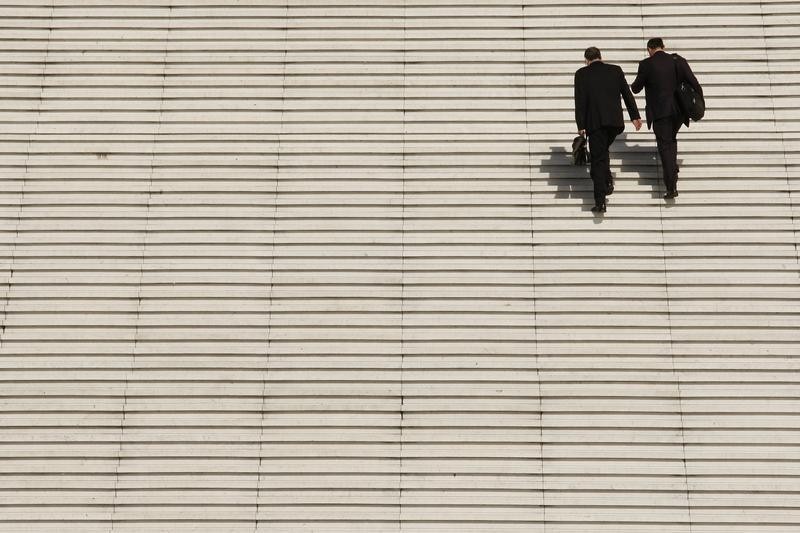* Raab: G7 countries to counter Russian misinformation
* Raab says West needs alliance of like-minded allies
* Russia and China deny they meddle abroad
(Adds details, background)
By William James
LONDON, May 2 (Reuters) - The Group of Seven richest countries will look at a proposal to build a rapid response mechanism to counter Russian "propaganda" and disinformation, British Foreign Secretary Dominic Raab told Reuters.
Speaking ahead of a G7 foreign ministers' meeting in London, the first such in-person meeting for two years, Raab said the United Kingdom was "getting the G7 to come together with a rapid rebuttal mechanism" to counter Russian misinformation.
"So that when we see these lies and propaganda or fake news being put out there, we can not just individually but come together to provide a rebuttal and frankly to provide the truth, for the people of this country but also in Russia or China or around the world," Raab said.
Russia and China are trying to sow mistrust across the West, whether by spreading disinformation in elections or by spreading lies about COVID-19 vaccines, according to British, U.S. and European security officials.
Russia denies it is meddling beyond its borders and says the West is gripped by anti-Russian hysteria. China says the West is a bully and that its leaders have a post-imperial mindset that makes them feel they can act like some sort of global policeman.
Britain has identified Russia as the biggest threat to its security though it views China as its greatest long-term challenge, militarily, economically and technologically.
British and U.S. officials have expressed concern in recent months about growing strategic cooperation between Russia, the world's largest country by territory, and China, the world's fastest-growing major economy.
Asked about the concerns, Raab said: "What matters to us most is that we broaden the international caucus of like-minded countries that stand up for open societies, human rights and democracy, that stand for open trade."
He said many of those allies wanted "to know how this pandemic started." The novel coronavirus outbreak, which began in China in 2019, has killed 3.2 million people and cost the world trillions of dollars in lost output.
Raab said some of the barriers between the G7 and other like-minded countries needed to be broken down, so that there could be a broader network of allies that stood up for open markets and democracy.
The G7 of the United States, Japan, Germany, United Kingdom, France, Italy and Canada has a combined gross domestic product of about $40 trillion - a little less than half of the global economy.
Raab said Russia's actions were a threat and that cyber attacks from Russia, China and Iran were something that allies across the world could come together to counter.
